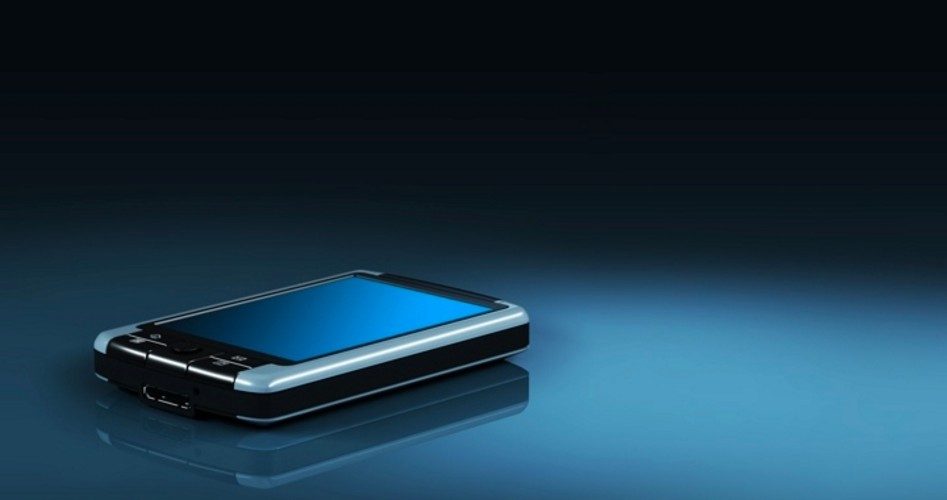
President Obama wants the Supreme Court to revoke the Fourth Amendment.
In a petition for a writ of certiorari filed last week by lawyers for the United States in the case of U.S. v. Wurie, the Obama administration asserted that cellphone records can be searched without a warrant, despite the protections against such government intrusion provided by the Fourth Amendment.
The Washington Post published a brief background on the case:
In 2007, the police arrested a Massachusetts man who appeared to be selling crack cocaine from his car. The cops seized his cellphone and noticed that it was receiving calls from “My House.” They opened the phone to determine the number for “My House.” That led them to the man’s home, where the police found drugs, cash and guns.
The defendant was convicted, but on appeal he argued that accessing the information on his cellphone without a warrant violated his Fourth Amendment rights. Earlier this year, the First Circuit Court of Appeals accepted the man’s argument, ruling that the police should have gotten a warrant before accessing any information on the man’s phone.
The Appeals Court ruling doesn’t sit well with a president who considers the Constitution irrelevant and who is accustomed to the court’s collusion in the federal government’s continuing effort to revoke all civil liberties.
Of specific interest in the Wurie case is the government’s claim that a cellphone is no different from any other items a suspect might be carrying that are subject to search by law enforcement, “including notebooks, calendars, and pagers,” the Post points out.
One of these things is not like the others, however. Today, a cellphone is as much a personal computer as a telephone and most people carry things inside their smart phones that have not been placed within the scope of acceptable searches: “our e-mails, text messages, photographs, browser histories and more,” the Washington Post explains.
Should the Obama administration succeed in compelling the Supreme Court to hear the Wurie case and to rule that police do not need a specific — constitutionally qualifying — warrant to search a suspect’s cellphone, the threat to the Fourth Amendment and individual liberty is incalculable.
For example, a person arrested on a bench warrant for failing to appear for a hearing would have his entire life subject to search and seizure if he was carrying his smartphone at the time he was taken into police custody. Then, the photos, texts, social media posts, and photos stored on that phone would come under the scrutiny of government and the data could be collected and saved in order to blackmail the citizen turned suspect.
In light of the broad discretion granted to government and law enforcement by the Supreme Court in the 1979 case of Smith v. Maryland, police (and those to whom the information gleaned from the cellphone was shared) could do whatever they deem “reasonable” with regard to the information obtained from the warrantless search of the cellphone.
In the case of Smith v. Maryland, the court held that “a person has no legitimate expectation of privacy in information he voluntarily turns over to third parties.”
The court in that case ruled that if someone is talking to another person by way of a medium provided by a third-party (in the Smith case it was a telephone company), both parties must expect that the “intermediary” will have access to the content of the communication.
Regarding the telephone company, the court explained that when a person uses a telephone, he “voluntarily convey[s] numerical information to the telephone company and ‘expose[s]’ that information to its equipment in the ordinary course of business.”
Not surprisingly, the Obama administration in its brief filed in the Wurie case references the Smith case. The government says Smith supports its position that there is a reduced expectation of privacy regarding the contents of a cellphone.
The upshot of Wurie is that it is just another piece of evidence of the president’s pursuit of a country where citizens are nothing but future suspects and where privacy and civil liberties are defined not by the Constitution, but by the federal government. From the NSA and Homeland Security, to the U.S. Postal Service and the IRS, the wall of protection provided by the Fourth Amendment is being demolished and the government given life by the Constitution is now on the verge of patricide.
Joe A. Wolverton, II, J.D. is a correspondent for The New American and travels frequently nationwide speaking on topics of nullification, the NDAA, and the surveillance state. He can be reached at [email protected].



